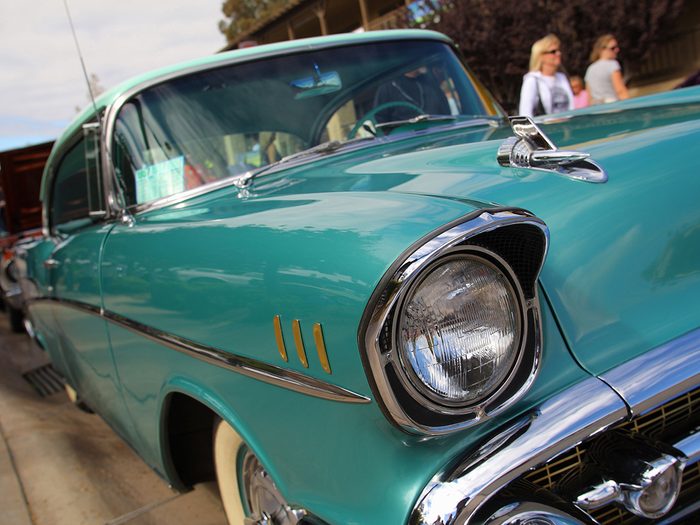
Considering Buying a Classic Car?
Buying a classic car presents the opportunity to own a prestigious piece of motoring history, but it’s not a decision to take lightly. Fortunately, a good investment will end up paying for itself in the longer term: Unlike new cars, which lose a significant chunk of their value as soon as they’re driven off the lot, vintage cars usually only increase in value. Here’s how to make sure buying a classic car is a sound investment.
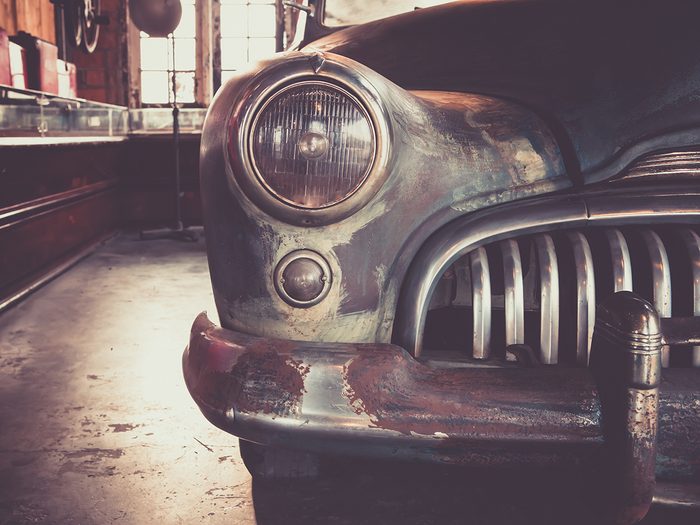
Know the Difference between a “Classic Car” and an “Old Car”
Classic cars often need so much attention, you can end up spending more time maintaining it than actually driving it. First-time buyers will generally be better off buying a classic car that needs little or no work, since buying a vehicle for restoration requires a great deal of expertise—and a much higher budget for parts and labour.
Some so-called classics are simply old cars, particularly if they are not rare models yet still need a lot of money spending on them. Always make sure you go for something that isn’t going to plummet in value as soon as you pull it out of the shop.
Test your knowledge of the classics with our vintage car quiz.
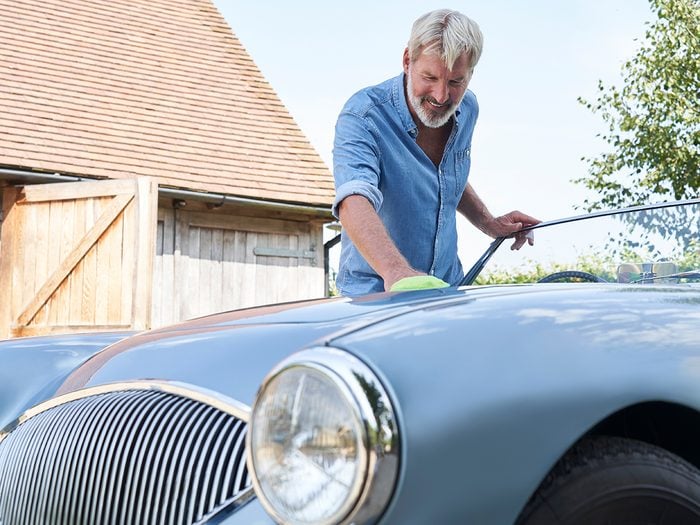
Choose the Right Classic Car
You might have your heart set on a particular model of classic car, but it’s important to define your preferred style and broaden your options as much as possible. As a first-time buyer, you need to realize that classic cars often require a significant amount of upkeep, and they can be very expensive to maintain and repair.
As a budding vintage car hobbyist, you’ll be best off choosing something that isn’t extremely rare, since you shouldn’t have a big problem finding affordable parts. For the most part, classics from the ’80s are among the safest bet.
Read the incredible story of a man who missed out on his dream car as a teenager, then found it parked in his driveway 25 years later!
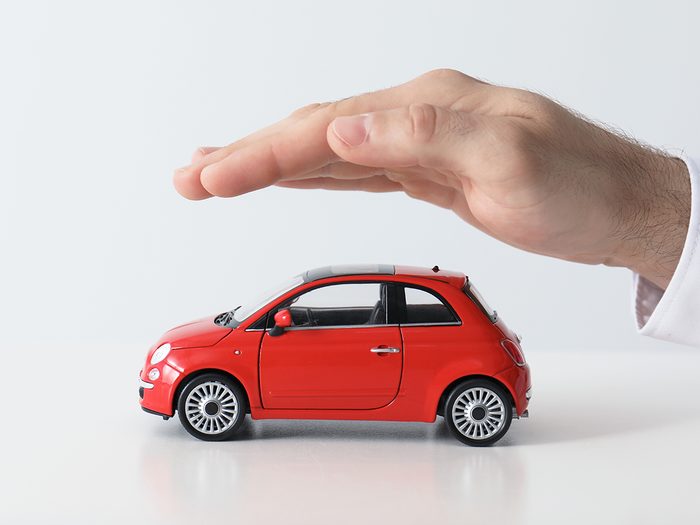
Check the Insurance Options for a Classic Car
Insuring a classic car is usually far more expensive than insuring a new one, though premiums vary widely between different brands and models. You’ll want to find an insurance company that specializes in old vehicles, and you’ll likely want to go for a comprehensive insurance package to protect you from theft and damage.
Fortunately, insurance premiums are often lower than many people expect them to be. After all, few people use a classic car for day-to-day use, so insurers are more likely to offer reduced premiums.
These car anti-theft devices can help protect your ride.
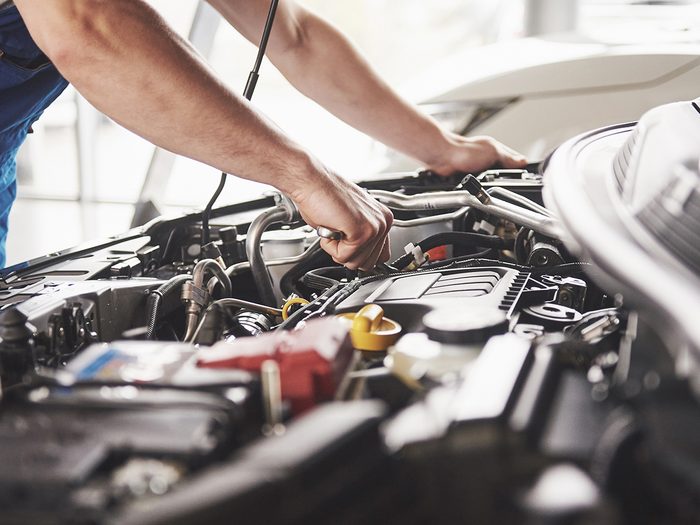
Know Your Mechanical Limits
Your mechanical knowledge and abilities are important considerations when buying a classic car. The nearest mechanic who specializes in vintage vehicles may be far away or prohibitively costly, so you’ll need to be confident enough to carry out everyday repairs and maintenance yourself.
You can save a great deal of money by maintaining the car yourself, but you may also need to work hard to source suitable replacement components. Fortunately, the Internet makes the process of tracking down hard-to-find replacement parts much easier.
Here’s where to find classic car parts online.
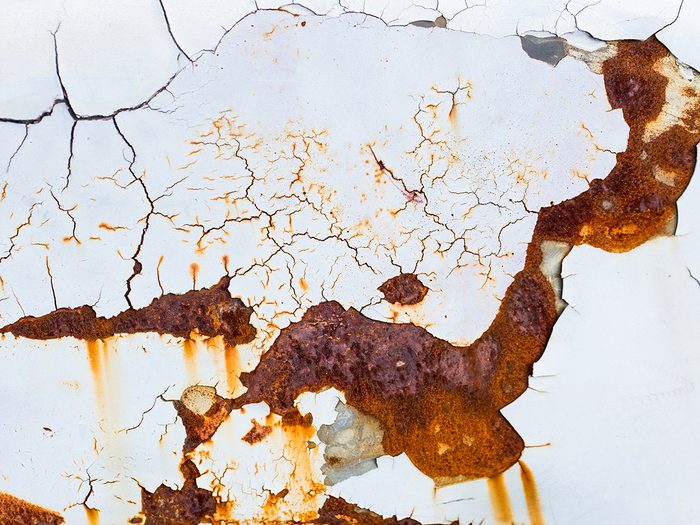
Beware of Rust
If you spot any rust on the vehicle you’ve got your eye on, you should reconsider making an offer. Even seasoned classic car experts tend to stray away from cars with lots of rust, since restoring them requires extensive replacement or treatment of the bodywork, which can lead to the vehicle losing its original character.
Rusty bodywork is often a telltale sign of more serious issues. If the car is rusty on the surface, then it probably needs extensive work on the chassis and various other components as well. Additionally, it points to years of neglect and poor maintenance.
Next, take inspiration from this impressive Model A Ford restoration.